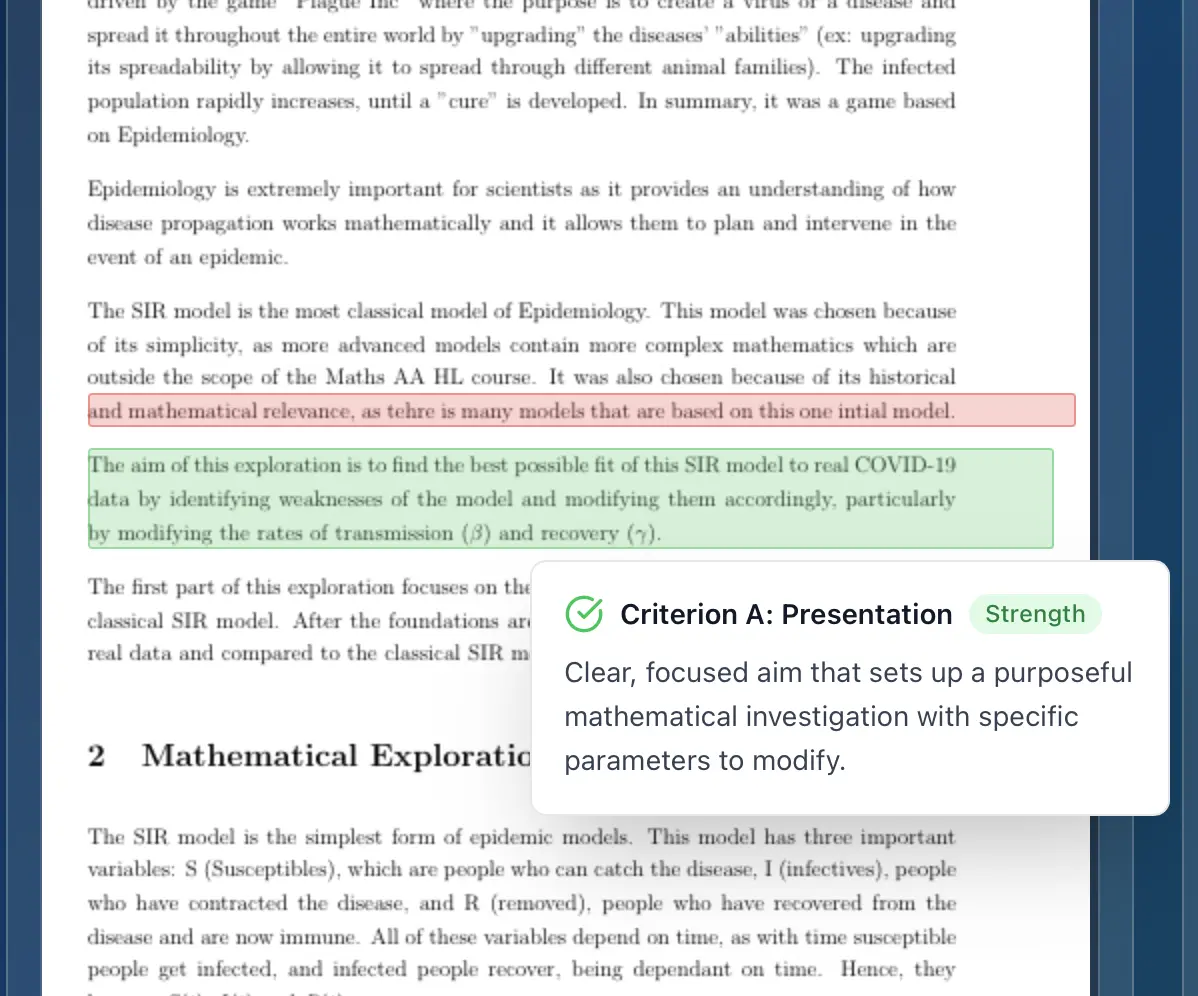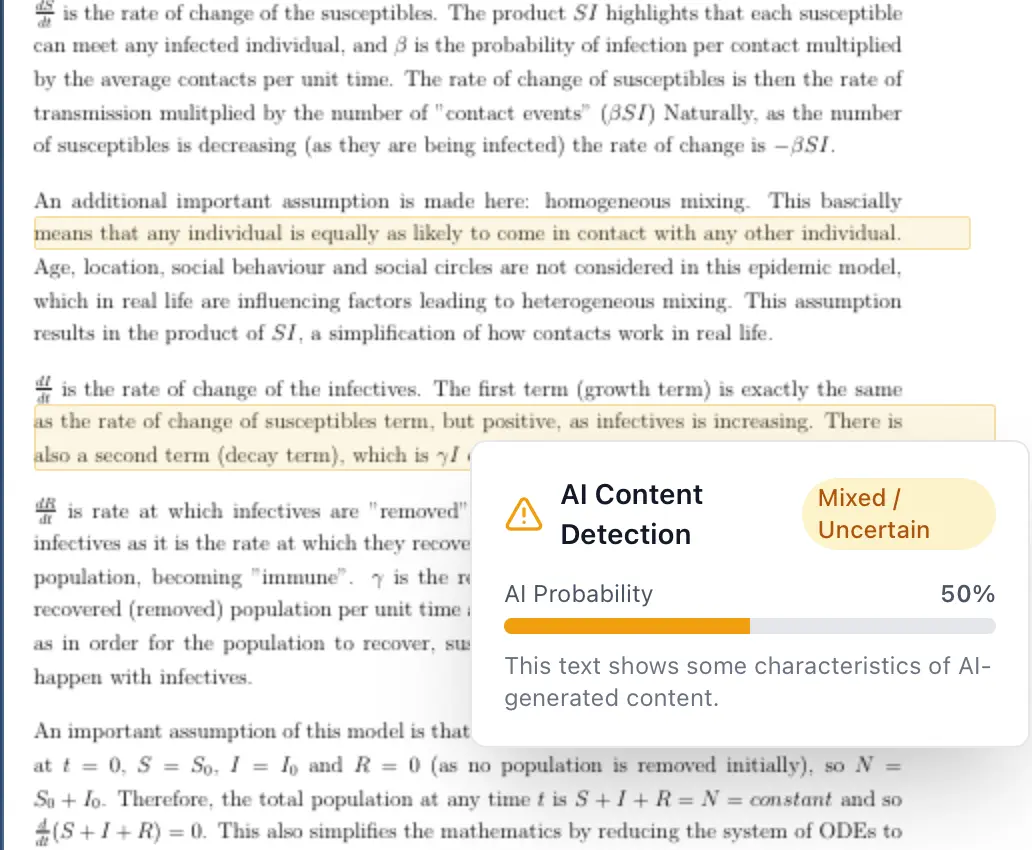How to Write a Compelling Psychology EE
Are you an IB student embarking on the challenging but rewarding journey of writing your Psychology Extended Essay (EE)? This guide is designed to equip you with the knowledge and strategies you need to craft a compelling and high-scoring EE. We'll break down the key components, from choosing a captivating topic to mastering the art of critical analysis, ensuring you understand exactly what the IB examiners are looking for. By following this guide, you'll not only improve your chances of achieving a top grade but also develop valuable research and writing skills that will benefit you throughout your academic career. Let's dive in and transform your Psychology EE from a daunting task into a triumph!
Introduction (Answer the Query Immediately)
The IB Psychology Extended Essay (EE) is a significant undertaking, requiring you to conduct independent research and present your findings in a well-structured and analytical essay. This guide will provide you with a comprehensive roadmap to writing a compelling Psychology EE that meets the rigorous standards of the International Baccalaureate. We'll cover everything from selecting a suitable research question and conducting thorough research to structuring your essay and demonstrating critical thinking. This guide is designed to help you navigate the challenges of the Psychology EE and ultimately achieve a high score. We'll also explore how AI tools like Marksy can assist you in refining your work and ensuring it aligns with IB assessment criteria.
Struggling with IB Assessments?
Get instant, detailed feedback on your work with AI that understands IB criteria.

Core Content Sections
Choosing a Captivating Topic and Formulating a Focused Research Question
The foundation of a successful Psychology EE lies in selecting a topic that genuinely interests you and formulating a research question that is both focused and manageable. This is directly related to Criterion A: Focus and Method.
- Passion is Key: Choose a topic within psychology that sparks your curiosity. Your enthusiasm will shine through in your writing and make the research process more enjoyable.
- Specificity is Crucial: Avoid broad topics like "Depression" or "Stress." Instead, narrow your focus to a specific aspect, such as "The impact of mindfulness-based interventions on anxiety levels in adolescents with social anxiety disorder."
- Feasibility Matters: Ensure that your research question is answerable within the scope of the EE. Consider the availability of resources, the time constraints, and your own research skills.
- Example: Instead of "How does social media affect teenagers?", try "To what extent does exposure to idealized body images on Instagram contribute to body dissatisfaction among adolescent girls aged 14-16?"
Actionable Tip: Brainstorm a list of potential topics that interest you. Then, refine each topic into a specific and researchable question. Share your potential research questions with your teacher for feedback.
Conducting Thorough and Ethical Research
Once you have your research question, it's time to dive into the literature. This is where you demonstrate Criterion B: Knowledge and Understanding.
- Utilize Academic Databases: Use databases like PsycINFO, JSTOR, and Google Scholar to find relevant research articles, books, and journals.
- Evaluate Sources Critically: Pay attention to the methodology, sample size, and limitations of each study. Consider the credibility of the authors and the publication.
- Take Detailed Notes: Keep track of your sources and the key findings of each study. This will save you time when you start writing.
- Ethical Considerations: Ensure your research adheres to ethical guidelines. If you are collecting primary data, obtain informed consent from participants and protect their privacy.
- Example: When researching the effects of video games on aggression, consider studies that control for confounding variables like pre-existing aggression levels or family environment.
Actionable Tip: Create a research log to document your sources, notes, and ethical considerations. This will help you stay organized and demonstrate your commitment to ethical research practices.
Structuring Your Psychology EE for Maximum Impact
A well-structured EE is essential for conveying your ideas clearly and effectively. This directly impacts Criterion D: Presentation.
- Title Page: Include your name, candidate number, school, subject, and research question.
- Abstract: Provide a concise summary of your research question, methodology, findings, and conclusions (around 300 words).
- Table of Contents: List all sections and sub-sections with corresponding page numbers.
- Introduction: Introduce your topic, provide background information, state your research question, and outline your methodology.
- Literature Review: Summarize and critically evaluate the existing research on your topic. This is where you demonstrate your understanding of relevant psychological concepts and theories.
- Methodology: Describe your research design, participants, materials, and procedures in detail.
- Results: Present your findings in a clear and concise manner, using tables and figures where appropriate.
- Discussion: Interpret your findings in relation to your research question and the existing literature. Discuss the strengths and limitations of your study.
- Conclusion: Summarize your main findings and provide a final answer to your research question. Suggest areas for future research.
- References: List all sources cited in your essay using a consistent citation style (e.g., APA).
- Appendices: Include any supplementary materials, such as questionnaires or interview transcripts.
Actionable Tip: Create an outline of your essay before you start writing. This will help you stay organized and ensure that your essay flows logically.
Mastering the Art of Critical Analysis
Critical analysis is a key component of a high-scoring Psychology EE. This is where you truly shine and demonstrate Criterion C: Critical Thinking.
- Go Beyond Description: Don't just summarize the research. Analyze its strengths and weaknesses, consider alternative perspectives, and evaluate the evidence.
- Identify Biases: Be aware of potential biases in the research, such as researcher bias, sampling bias, or cultural bias.
- Consider Limitations: Acknowledge the limitations of your own study and the existing research.
- Synthesize Information: Integrate information from multiple sources to develop a nuanced understanding of your topic.
- Example: When discussing a study on the effectiveness of cognitive behavioral therapy (CBT) for depression, consider the sample size, the control group, the duration of the treatment, and the potential for placebo effects.
Actionable Tip: Practice critical thinking by questioning assumptions, evaluating evidence, and considering alternative perspectives.
Reflection on Planning and Progress Form (RPPF) and Engagement
The RPPF is a crucial element of the EE, directly impacting Criterion E: Engagement. It's your opportunity to reflect on your research journey.
- Document Your Progress: Regularly update the RPPF with details about your research process, challenges you faced, and strategies you employed.
- Showcase Your Engagement: Demonstrate your personal connection to the topic and your commitment to the research process.
- Reflect on Your Learning: Discuss the skills you developed and the insights you gained throughout the EE process.
- Be Honest and Authentic: Don't be afraid to discuss your struggles and how you overcame them.
Actionable Tip: Schedule regular time to reflect on your progress and update the RPPF. Treat it as an ongoing conversation with your supervisor.
Common Challenges/Mistakes Section
Many students stumble on common pitfalls when writing their Psychology EE. Here's how to avoid them:
- Vague Research Question: A poorly defined research question leads to unfocused research and a weak essay. Solution: Refine your research question until it is specific, measurable, achievable, relevant, and time-bound (SMART).
- Lack of Critical Analysis: Simply summarizing research without analyzing its strengths and weaknesses will result in a lower score. Solution: Practice critical thinking skills by questioning assumptions, evaluating evidence, and considering alternative perspectives.
- Insufficient Research: Relying on too few sources or using unreliable sources will weaken your arguments. Solution: Conduct thorough research using academic databases and evaluate sources critically.
- Poor Structure and Organization: A disorganized essay will confuse the reader and make it difficult to follow your arguments. Solution: Create a detailed outline before you start writing and ensure that your essay flows logically.
- Plagiarism: Presenting someone else's work as your own is a serious academic offense. Solution: Cite all sources properly and use plagiarism detection software to check your work.
Actionable Tip: Review your essay carefully for these common mistakes before submitting it. Ask a friend or teacher to read your essay and provide feedback.
Pro Tip: Get AI-Powered Grading
Stop second-guessing your grades. Get instant feedback aligned with official IB rubrics.

Advanced Tips/Strategies Section
For students aiming for the highest marks, consider these advanced strategies:
- Explore Niche Topics: Delve into less-explored areas of psychology to demonstrate originality and intellectual curiosity.
- Conduct Meta-Analyses: If feasible, consider conducting a mini meta-analysis by combining the results of multiple studies to draw stronger conclusions.
- Develop a Theoretical Framework: Ground your research in a specific psychological theory to provide a deeper understanding of your topic.
- Consider Cross-Cultural Perspectives: Explore how cultural factors influence psychological phenomena.
- Engage with Primary Sources: Whenever possible, access and analyze original research articles rather than relying solely on secondary sources.
Actionable Tip: Consult with your supervisor to identify opportunities to enhance the depth and originality of your research.
Technology and Modern Assessment Section
Technology is revolutionizing the way we approach IB assessments. AI-powered tools are becoming increasingly valuable for both students and teachers. For example, Marksy is an AI grading assistant specifically designed for the International Baccalaureate (IB). It provides instant, accurate, and detailed feedback on student work based on official IB rubrics.
- How Marksy Helps: Marksy offers rubric-aligned scoring, detailed criterion-by-criterion feedback, and suggestions for improvement. This helps students understand exactly how to improve their work and ensures that their essays meet the IB's rigorous standards.
- Benefits for Teachers: Marksy saves teachers time by automating the grading process, allowing them to focus on providing personalized feedback to students.
- Ensuring Accuracy and Fairness: AI tools like Marksy use official IB criteria to ensure accuracy and fairness in assessment. This helps to eliminate bias and provides students with a consistent and reliable evaluation of their work.
- Time-Saving Benefits: By automating the grading process, Marksy frees up valuable time for educators, allowing them to focus on other important tasks, such as lesson planning and student support.
Actionable Tip: Explore how AI tools like Marksy can help you improve your IB scores or streamline your grading workflow.
Conclusion with Clear Next Steps
Writing a compelling Psychology EE is a challenging but rewarding experience. By following the advice in this guide, you'll be well-equipped to tackle the task and achieve a high score. Remember to choose a captivating topic, conduct thorough research, structure your essay effectively, and demonstrate critical thinking. Don't forget to engage with the RPPF and seek feedback from your supervisor.
Next Steps:
- Brainstorm potential topics and formulate a focused research question.
- Conduct thorough research using academic databases.
- Create a detailed outline of your essay.
- Write a first draft and seek feedback from your supervisor.
- Revise and edit your essay carefully.
- Use AI grading tools like Marksy to get instant feedback and improve your score.
- Submit your final essay with confidence!
Ready to take your IB Psychology EE to the next level? Try Marksy for free today and experience the power of AI-driven feedback! See how our AI grading assistant can help you understand the IB rubric, identify areas for improvement, and ultimately achieve your academic goals. Sign up for a free trial now and unlock your full potential!